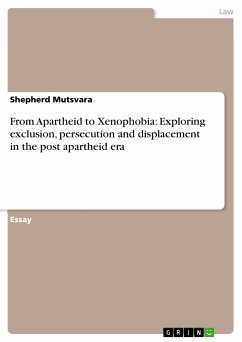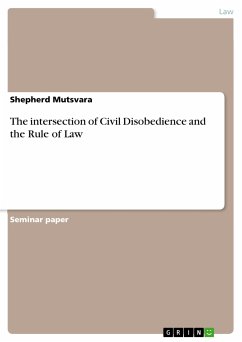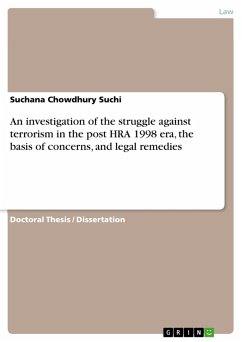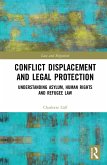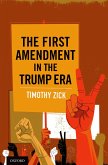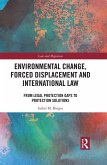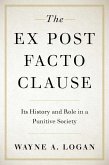Essay from the year 2018 in the subject Law - Public Law / Constitutional Law / Basic Rights, grade: -, University of London, language: English, abstract: The post apartheid era has failed to deal with difference and tolerance despite a progressive Constitution that embraces diversity. The intense and irrational dislike of foreign nationals and the continued exclusion of the native minorities, can thus be explained as a by-product of overt apartheid policies that led to the exclusion of South Africa from the International community. Arguably, the environment created by the policy of separation with its emphasis on boundary maintenance and tribal trust lands has negatively impacted on South Africans' ability to be tolerant of outsiders and minorities. Framed on (Harris 2002) hypotheses on xenophobia, this paper argues that the contestations over scarce resources, citizenship and political identity has formented into exclusion, persecution and displacement of both foreign nationals and native minorities in South Africa. Native minorities find themselves as victims of politics of identity and their exclusion in key strategic areas of governance and leadership is a source of hostility and intergenerational trauma. As for foreign nationals seeking greener pastures in South Africa, their situation is further exacerbated by the strategic inconsistency in the immigration and labour laws which are both isolationist and stereotypical of outsiders. Drawing from qualitative scholarship, the paper proposes a durable social inclusive theory, which seeks to reconcile divergent community groups and politicians towards embracing the spirit of Ubuntu and nation building. The social inclusive theory is a peace building initiative that aims to heal divisions of the past and solve post colonial conflicts that have caused social instability in South Africa.
Dieser Download kann aus rechtlichen Gründen nur mit Rechnungsadresse in A, B, BG, CY, CZ, D, DK, EW, E, FIN, F, GR, HR, H, IRL, I, LT, L, LR, M, NL, PL, P, R, S, SLO, SK ausgeliefert werden.

